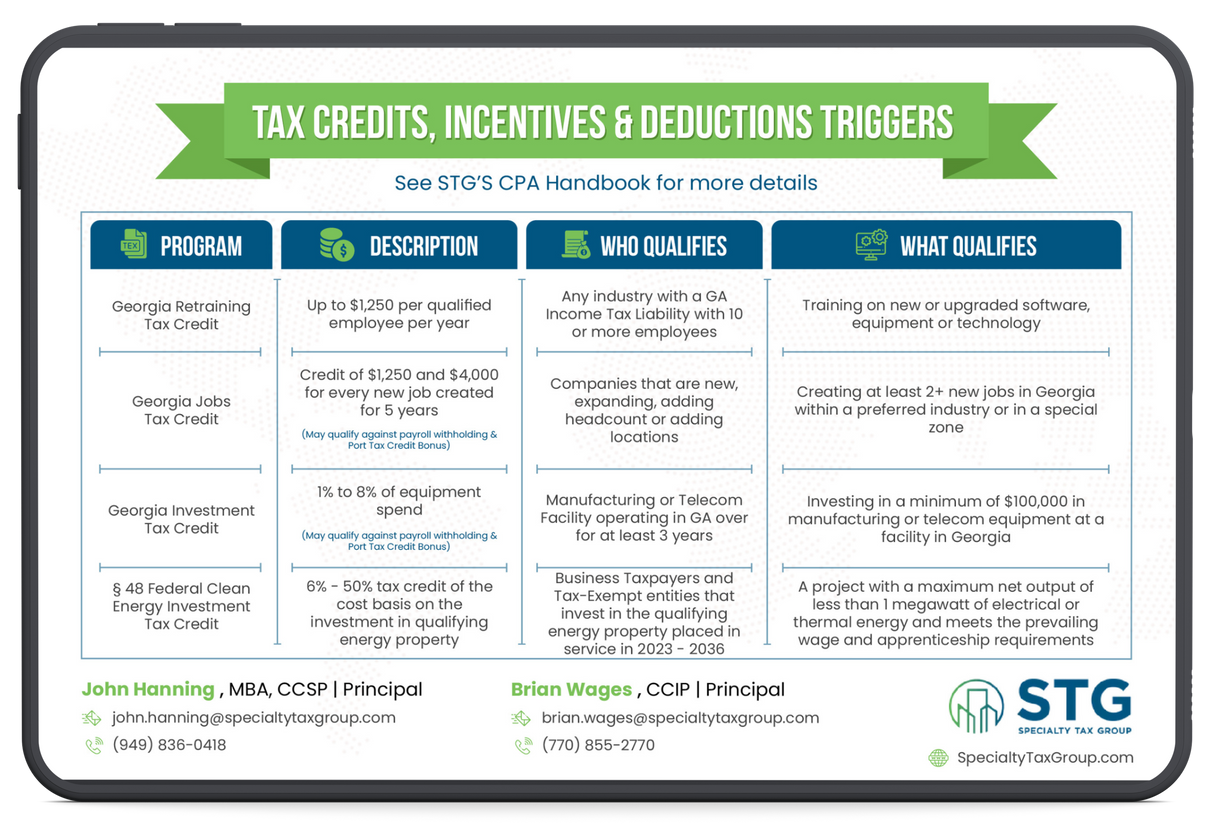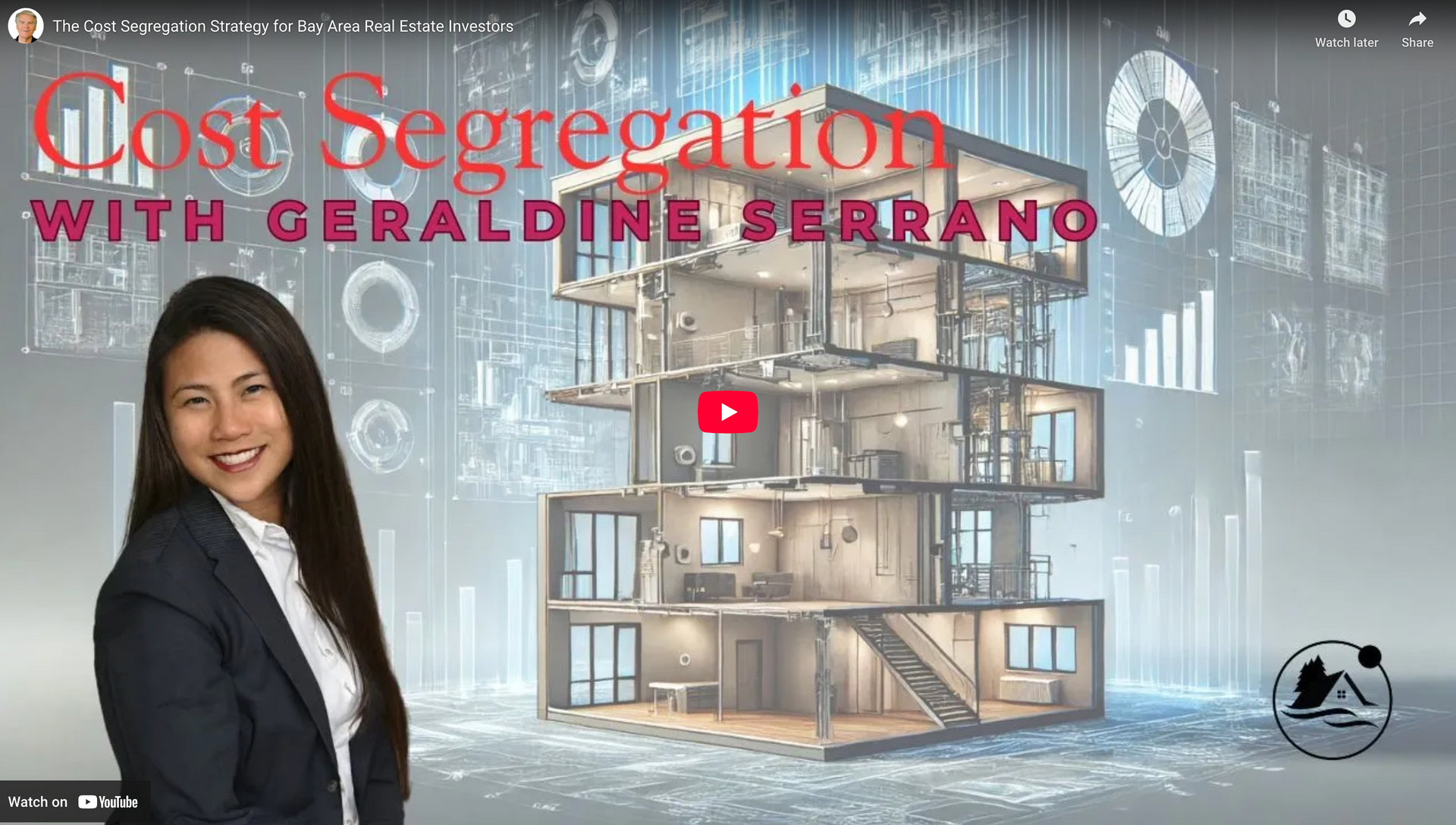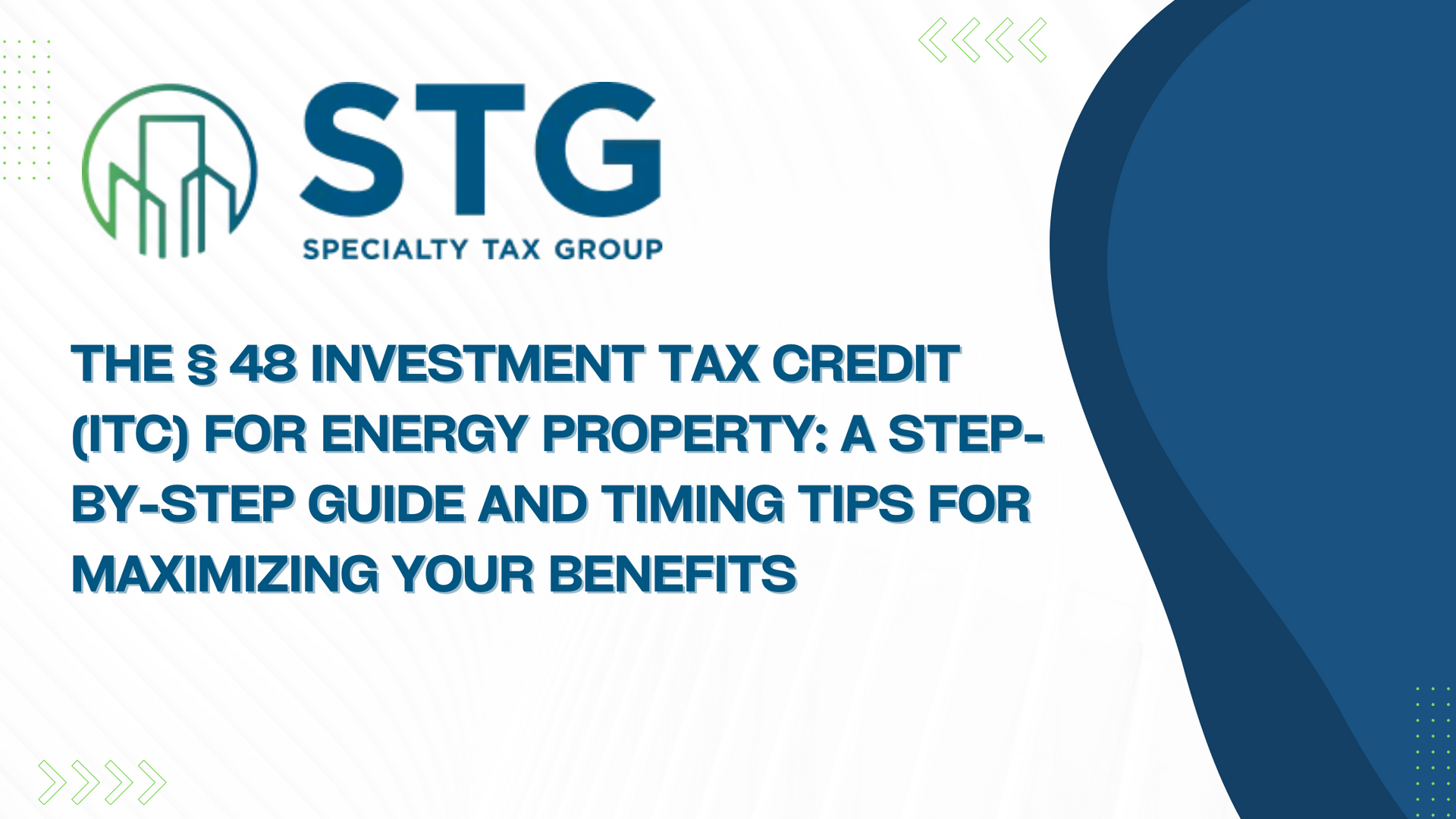This blog post has been researched, edited, and approved by John Hanning and Brian Wages. Join our newsletter below.
Newsletter Form
Thank you for joining our newsletter. We will email you the latest updates every other Thursday at 12pm.
Please try again later.

Apartment investors can face enormous costs to maintain apartment communities. The maintenance of even a modest community includes:
- Replacements
- Unit renovation
- Grounds keeping
Another staggering expense is federal income tax, but through cost segregation, the depreciation of property components can be used to reduce federal income tax. Depreciation is a non-cash tax deduction. Increasing depreciation means federal income tax reduction, which reduces taxable income. Cost segregation increases depreciation by accurately determining the correct depreciation life for several components of the property.
Top 3 Ways To Reduce Federal Income Tax
1. Cost segregation analysis
A cost segregation study, when reflected in depreciation schedules, boosts deductions to decrease taxable income. This analysis can potentially reduce your taxable income by 15% to 35%, depending on the specific property and tax situation. It also defers taxes on capital gain amounts until selling the property. The time value of money from delaying federal tax is often substantial. Cost segregation helps allocate more costs to 5-year, 7-year, 15-year, and 27.5-year assets versus the apartment building itself.
2. Make sure all depreciable items are listed accurately on tax returns
One underused technique for reducing federal income tax is to ensure that all depreciable items are reported on tax returns properly. These items are not limited to:
- Copiers
- Automobiles
- Heavy equipment
The IRS recognizes 130 items that depreciate over much shorter periods than the standard depreciation of 27.5 years for apartment communities.
3. Convert taxable income at the ordinary income tax rate to the capital gains tax rate
Converting taxable income taxed at ordinary rates (up to 37%) to capital gains rates (15-20%) also reduces total tax.
Additional tax deductions caused by increasing real estate depreciation can delay federal income tax. When the community is sold, the gain is usually taxed at the capital gains tax rate because of the way it's allocated.
Tax Saving Benefits Of Cost Segregation
Cost segregation can help at any stage of ownership by increasing depreciation and decreasing federal income tax. Let's take a look at how cost segregation can increase depreciation:
| Without Cost Segregation Analysis | With Cost Segregation Analysis | Total |
|---|
| Depreciation Life Category | 27.5 year | 5 Years | 7 Years | 15 Years | 27.5 Years | |
| Percentage Of Improvements | 100% | 13% | 0% | 19% | 68% | |
| Total Amount Depreciated | $1,653,000 | $215,800 | $0 | $311,200 | $1,126,000 | |
| Year 1 Depretiated Amount | $60,109 | $43,160 | $0 | $20,747 | $40,945 | $104,852 |
| Year 2 Depretiated Amount | $60,109 | $43,160 | $0 | $20,747 | $40,945 | $104,852 |
| Year 3 Depretiated Amount | $60,109 | $43,160 | $0 | $20,747 | $40,945 | $104,852 |
| Year 4 Depretiated Amount | $60,109 | $43,160 | $0 | $20,747 | $40,945 | $104,852 |
| Year 5 Depretiated Amount | $60,109 | $43,160 | $0 | $20,747 | $40,945 | $104,852 |
| Total | $300,545 | $524,260 | $524,260 |
The ideal time to conduct it is when the property is acquired, whether the property was purchased or constructed. All commercial properties constructed after December 31, 1986, are eligible. There are catch-up provisions to accommodate higher savings in the first year when a cost segregation analysis is completed for apartment communities that have been owned for many years.
It benefits apartment communities of all sizes, from small communities with less than ten apartments to communities that span numerous city blocks. If the property has an estimated value of at least
$200,000, cost segregation can almost always generate significant federal income tax savings. Tax deductions and tax reduction benefits are enhanced when an apartment owner uses the combination of cost segregation and catch-up depreciation.
The Bottom-Line
Apartment investors seeking tax advice from a cost segregation expert are often surprised by the number of tax deductions available. Further counsel with their tax attorney, CPA, accountant, or federal income tax preparer confirms the authority and legitimacy of cost segregation analysis. Apartment investors should consider a free preliminary analysis to identify if the tax deductions generated by cost segregation analysis suit their situation.
Contact Specialty Tax Group (STG) cost segregation specialists to conduct cost segregation study on your property..
2024 Tax Guide
Have A Question?
Contact us today and our friendly team will reach out as soon as possible.
All Rights Reserved | Specialty Tax Group | Powered by Automationlinks | Privacy Policy





